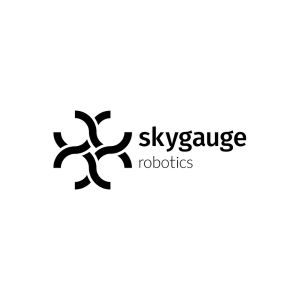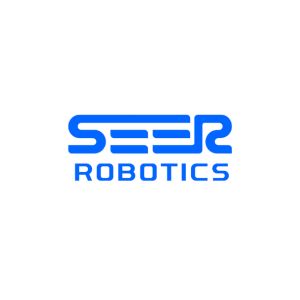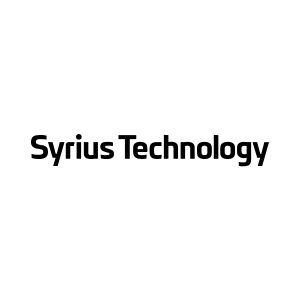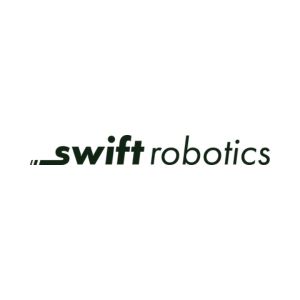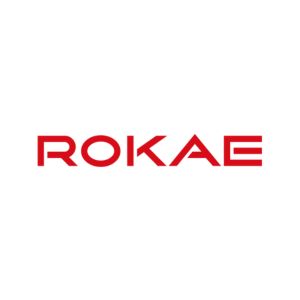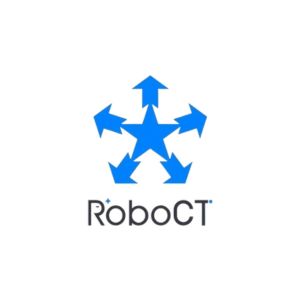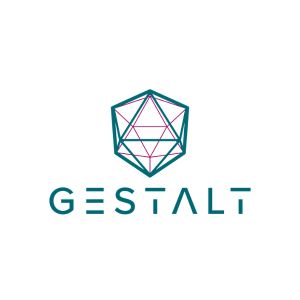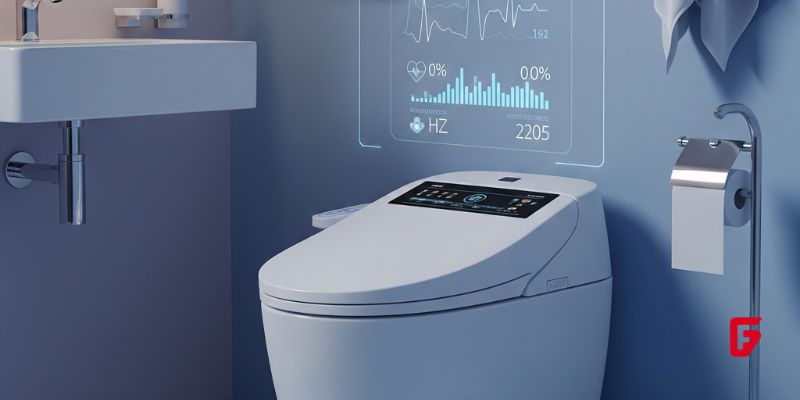
In a world where health data is becoming as valuable as gold, a new player is making waves from an unexpected place: your bathroom. Throne, an Austin-based startup, has just secured $4 million in seed funding to bring its AI-powered toilet device to homes, aiming to transform how we monitor gut health and urinary wellness.
What Is Throne’s Device?
Forget the idea of a full smart toilet. Throne’s innovation is a retrofit device that mounts onto a standard toilet bowl. Using computer vision and artificial intelligence, it analyzes waste in real time, providing insights into:
Hydration levels
Digestive patterns (from “hard” to “liquid”)
Urological health
Early markers for conditions like IBS, ulcerative colitis, and even potential signs of cancer
All of this happens discreetly, with data sent to a companion app for easy tracking and trend analysis.
Why Gut Health, and Why Now?
Gut health is increasingly recognized as a cornerstone of overall well-being. Yet, most people only get feedback on their digestive system during annual checkups or when something goes wrong. Throne’s device aims to make preventive health monitoring as routine as brushing your teeth, empowering users to spot issues early and make informed lifestyle choices.
The Story Behind the Startup
Throne’s journey began as a half-serious idea at a poker game, but quickly gained traction thanks to the founders’ backgrounds in engineering and medicine. The team validated the concept with medical professionals and soon realized the potential for waste analysis to deliver critical health insights—especially for those with chronic digestive or urinary conditions.
Who’s Backing Throne?
The $4M seed round was led by Moxxie Ventures, with support from high-profile investors like Lance Armstrong, Rupa Health’s Tara Viswanathan, and John Capodilupo (former CTO of WHOOP, now Throne’s Chief Product Officer). This backing signals strong confidence in the intersection of healthtech and consumer devices.
How does computer vision analyze waste without compromising privacy
Computer vision analyzes waste by capturing and processing images using cameras and AI algorithms to identify features such as shape, color, and texture124. In the context of devices like Throne’s AI-powered toilet attachment, privacy is protected through several key strategies:
Image anonymization: Before any data leaves the device, personally identifiable features are removed or blurred, ensuring that images cannot be traced back to individuals.
Local processing: Whenever possible, analysis is performed directly on the device using edge computing, so raw images never leave the user’s bathroom—only anonymized or summarized data is transmitted for further analysis.
User profiles and access controls: Devices can create separate profiles for each user, ensuring that data is only accessible to the correct person and not shared without consent.
Compliance with privacy regulations: Developers are expected to follow strict privacy standards, minimizing data retention and ensuring transparency about what is collected and how it is used.
By combining real-time image processing, anonymization techniques, and privacy-by-design principles, computer vision systems can deliver actionable health insights from waste analysis without compromising individual privacy. This balance is crucial for building trust and ensuring ethical use of AI in sensitive areas like health monitoring.
What challenges might Throne face in mainstream adoption and regulation
Throne may encounter several significant challenges in achieving mainstream adoption and navigating regulatory approval for its AI-powered toilet device:
Consumer Privacy Concerns: The idea of a bathroom device capturing and analyzing waste can raise strong privacy worries among potential users. Even with anonymization and local data processing, convincing consumers that their most private data is secure will require robust transparency and trust-building.
Regulatory Hurdles: Health monitoring devices, especially those that claim to detect or screen for medical conditions, often fall under the scrutiny of regulatory bodies like the FDA in the U.S. Throne may need to demonstrate clinical accuracy, safety, and data protection compliance—processes that can be lengthy and expensive.
Cultural and Social Barriers: Mainstream adoption could be slowed by social stigma or discomfort around discussing and tracking gut health and waste. Changing public perception to view bathroom-based health monitoring as normal and valuable will take time and effective education.
Integration with Healthcare Systems: For maximum impact, Throne’s data would ideally be integrated into broader healthcare records or shared with medical professionals. Achieving this requires interoperability, compliance with health information standards, and overcoming institutional inertia.
Cost and Accessibility: The device’s price point and ongoing support costs could be a barrier, especially for lower-income households. Ensuring affordability and demonstrating clear value will be key to widespread adoption.
Technical Challenges: Ensuring the device works reliably across a wide range of toilets, waste types, and household environments is a complex engineering task. False positives or negatives in health analysis could undermine trust and adoption.
Ongoing Support and Updates: As with any connected device, ongoing software updates, customer support, and adaptation to new regulations will be necessary to maintain user trust and regulatory compliance.
Overall, balancing innovation with privacy, regulation, and public acceptance will be central to Throne’s path toward mainstream use. These challenges are common for emerging healthtech products and often require sustained investment, user education, and collaboration with regulators and healthcare providers.
What’s Next?
Currently in pre-production, Throne plans a full consumer launch in January 2026. The company is also partnering with clinical researchers to validate its technology and expand its health-tracking capabilities.
Key Takeaways
AI-powered toilet device for real-time gut and urinary health monitoring
$4 million seed funding led by top healthtech investors
Retrofit design fits standard toilets—no need for a full smart toilet
Tracks hydration, digestive patterns, and early signs of chronic conditions
Privacy-first approach with user profiles and anonymized data
Launch planned for January 2026
Throne’s innovation could mark a turning point in how we approach preventive health at home, turning the most private room in the house into a hub for actionable health insights. The future of gut health might just be a flush away.

futureTEKnow
Editorial Team
futureTEKnow is a leading source for Technology, Startups, and Business News, spotlighting the most innovative companies and breakthrough trends in emerging tech sectors like Artificial Intelligence (AI), Robotics, and the Space Industry.
Discover the companies and startups shaping tomorrow — explore the future of technology today.
Most Popular
Trending Companies
Latest Articles

Cloud Data Migrations in the AI Era – Prepare Smart. Balance Risks. Thrive.
Cloud data migration is more than an IT move—it’s a business transformation. This article guides you through AI-driven strategies to

AI Didn’t Fail; Your Data Warehouse Did
After decades in IT project management and business analysis, one truth has stayed constant: when AI projects fail, it’s rarely
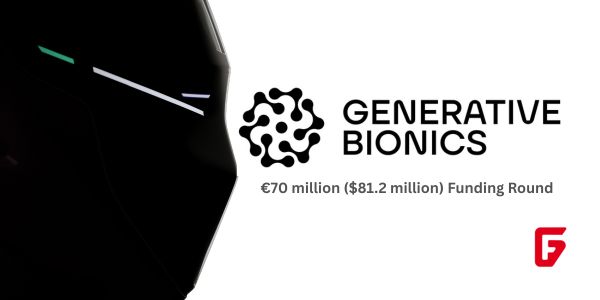
Generative Bionics: The Italian Humanoid Robotics Spin-Out Bringing Physical AI to the Factory Floor
Generative Bionics, an Italian spin-out from IIT, is building Physical AI–powered humanoid robots to tackle labor gaps and modernize industrial

OpenAI vs. Google AI, SpaceX & Blue Origin Race for Space Data Centers, Meta’s AI Pivot, and Robotics Breakthroughs
Stay ahead of AI and space tech wars: OpenAI vs Google AI, SpaceX and Blue Origin’s race for orbital data

10 AI-Driven Supply Chain Optimization Companies to Watch in 2026
This article explores 10 AI-driven supply chain optimization companies to watch in 2026, highlighting how their platforms improve forecasting, logistics,

AWS Frontier Agents: Autonomous AI Coders That Build, Secure, and Run Apps for Days Without Human Oversight
AWS frontier agents introduce a new era of autonomous AI coders that can build, secure, and run applications for days

How AI Is Transforming Lean Six Sigma: The New Era of Operational Excellence 2.0
Explore the cutting-edge ways AI is enhancing Lean Six Sigma, from real-time process insights to predictive controls, ushering in a

Top Supply Chain Challenges in 2025 — and How High-Performing Teams Use AI to Solve Them
Facing supply chain challenges in 2025? High-performing teams leverage AI for risk management, demand forecasting, supplier analytics, and end-to-end visibility

How to Build a High-Impact Supply Chain Center of Excellence (CoE):A Blueprint for Operational and Inventory Excellence in the Age of AI
Craft an AI-powered supply chain Center of Excellence that unifies control tower visibility, analytics, and inventory optimization into one strategic

The Future of Supply Chain Leadership: Why the Next Generation Will Engineer Intelligence, Not Just Manage It
Supply chain leadership is being redefined by AI, intelligent automation, and agentic decision-making, demanding leaders who can engineer end-to-end intelligence

How WisdomAI’s $50M funding round positions it to redefine AI analytics and business intelligence
WisdomAI has closed a $50M Series A led by Kleiner Perkins and Nvidia’s NVentures to turn fragmented enterprise data into

Saia Agrobotics Raises €10M to Make Greenhouse Farming Smarter with Robots
Dutch agri-tech startup Saia Agrobotics has raised €10M to expand its greenhouse automation system using AI-powered robots that make farming
futureTEKnow is focused on identifying and promoting creators, disruptors and innovators, and serving as a vital resource for those interested in the latest advancements in technology.
© 2026 All Rights Reserved.





